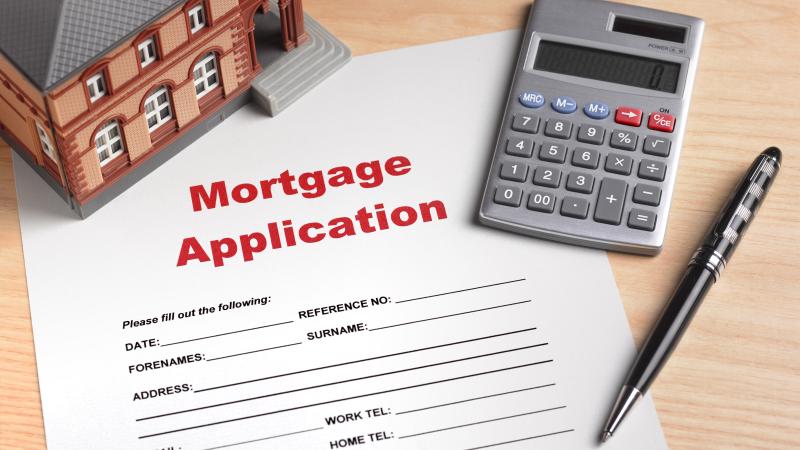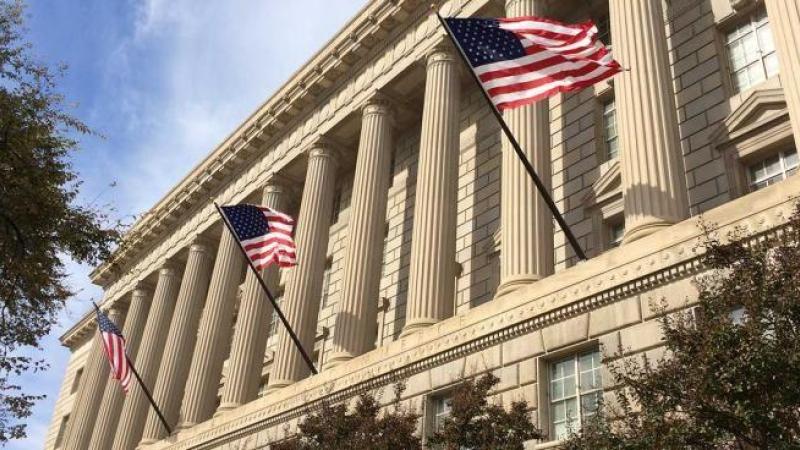Fed raises interest rate fourth consecutive time, in attempt to slow troubling inflation
The announcement came at the conclusion of the Federal Open Market Committee's two-day policy meeting.
The Federal Reserve on Wednesday increased the short-term interest rate 0.75% for the fourth consecutive time, in an effort to slow persistently high inflation.
The announcement was made by Fed Chairman Jerome Powell at the conclusion of the Federal Open Market Committee's two-day policy meeting.
The increase will raise lending rates to 3.75%-4%, up from 3%-3.25% and result in the highest rate since January 2008. It was also the increase forecasters predicted.
Wall Street ahead of the announcement was showing modest gains.
Investors, analysts and others were hoping the post-meeting statement would signal what the Fed will do next, but saw mostly ambiguity in the statement that expanded on previous language and simply declared that "ongoing increases in the target range will be appropriate," according to CNBC.
Powell in a post-announcement press conference said he didn't think the Fed has been overly aggressive in its rate adjustment.
"It will take some time for inflation to come down," he said.
On the concern that high interest rates will downshift the economy into recession, Powell has said high inflation is worse.
Projections last month showed that the interest rate will rise to 4.4% by the end of the year with the next rate cut not expected until 2024.
"The fed's decision to raise rates is a black eye on the Biden administration," said Alfredo Ortiz, the president and CEO of the Jobs Creators Network. The administration’s record spending spree is fueling the inflation that the Fed is desperately seeking to contain. Small Business owners and aspiring homeowners will now experience higher borrowing costs as the Fed acts to mitigate the administration’s irresponsible far-left policies.
"The highest inflation rate in four decades cannot be blamed on 'Putin’s Price Hike,' it is a direct result of the Democrats’ policies, including higher taxes and stifled domestic energy production."
















